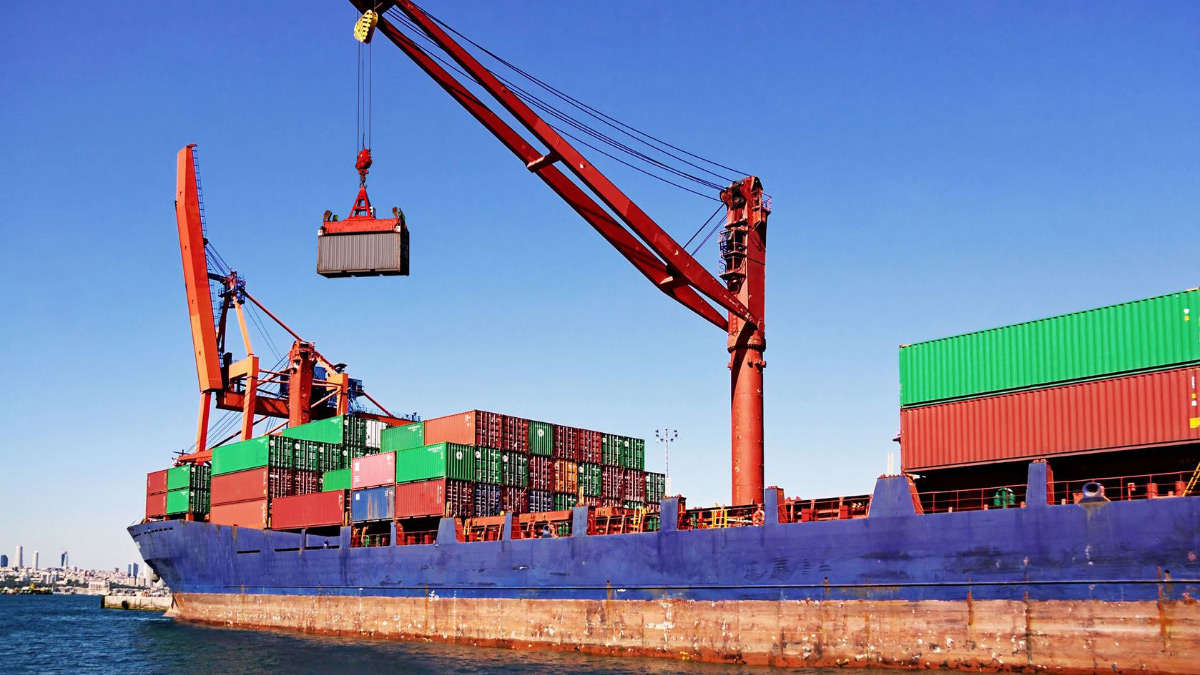The passage of the Tax Cuts and Jobs Act at the end of 2017—the first major tax reform after 30-plus years of inaction—was indeed a momentous step forward for the economy and American businesses.
Since passage, the American economy has expanded at a robust pace. Economists are expecting more positive news in March’s employment report—marking the 118th consecutive month of jobs growth.
The administration’s protectionist trade policies are the only black cloud in the silver lining of continuing economic expansion. President Donald Trump should unleash the full power of the American economy by calling for an end to tariffs and other barriers to international trade and capitalizing on the momentum created by his 2017 tax legislation.
In the aftermath of the bill’s passage, businesses were optimistic, announcing plans to hire more employees, hand out bonuses and increase wages. National Association of Manufacturers President and Chief Executive Jay Timmons commented that American businesses have been “given the license to compete more fiercely in the global economy,” notably by taking advantage of a much lower corporate income tax rate. Millions of individual taxpayers likewise were projected to benefit from lower rates and a less-complex income tax code.
Fast forward to less than two years later: The bloom is off that rosy scenario thanks to the Trump administration’s decision to impose tariffs not only on our North American trading partners, but on $250 billion worth of Chinese goods. Suddenly, the main beneficiaries of tax reform—businesses and the American people—are the ones who stand to lose the most.
A report commissioned by the Business Roundtable detailed the long-term negative effects American workers will experience in the ongoing trade war with China, projecting a net job loss exceeding 400,000 should the tariffs remain in place. Steel and aluminum tariffs will cause further damage because for every job gained in that industry from protectionism, 16 jobs will be lost. Pouring salt into the wound, more than two-thirds of those lost jobs will be in manufacturing and low-skill labor markets.
The authors don’t mince words in their conclusion, writing, “Higher costs from steel and aluminum tariffs, quotas, and associated retaliation by trading partners would reverberate throughout the U.S. economy in ways that will, on balance, negatively impact U.S. output and employment.”
And what if Trump follows through on his threat to impose automobile tariffs? The Tax Foundation’s Erica York found that those tariffs would wipe out most of the gains that low-income Americans made through tax reform. Specifically, individuals in the bottom 20 percent of the income distribution would see their tax savings drop by an astounding 49 percent.
All of that negative fallout should come as no surprise, given that consumers bear the brunt of tariffs in the form of higher prices: New research from the Federal Reserve Bank of New York, Princeton and Columbia universities reported that tariffs cost Americans about $6.9 billion last year.
It also is little wonder that businesses are feeling less optimistic than they did in the initial afterglow of the TCJA’s passage, as they face pressure from ever-increasing tariffs; tax reform’s gains are now being squandered by predictable rises in raw materials and export costs.
Not only is the tariff tsunami threatening to wipe out tax reform’s benefits and hurt consumers, businesses and the economy—the Congressional Budget Office has said tariffs will slow the growth of U.S. gross domestic product over the next decade—but the steel and aluminum tariffs also are holding up passage of the North American Free Trade Agreement’s replacement, the United States-Mexico-Canada Agreement.
Members of the president’s own party are calling on him to eliminate those tariffs if he wants to get the USMCA through Congress this year, including Senate Finance Committee Chairman Charles Grassley (R-Iowa), who urged Trump to take action in order to get the USMCA across the finish line: “It’s just a matter of his realizing that nothing’s going to happen until the tariffs go off. And so the tariffs come off if he wants to get a win.”
Trump took one giant step forward with tax reform and set the stage for a prosperous business environment. Yet by imposing tariffs, he took two steps backward, negating any positive impact of the landmark legislation and potentially upending a critical U.S. trade agreement.
As trade talks continue between Chinese and U.S. officials and lawmakers debate the USMCA’s fate, the Trump administration has an opportunity to stop the backward slide by dropping protectionist tariffs. That opportunity should be seized so the American people can move forward to a more prosperous economic future.











